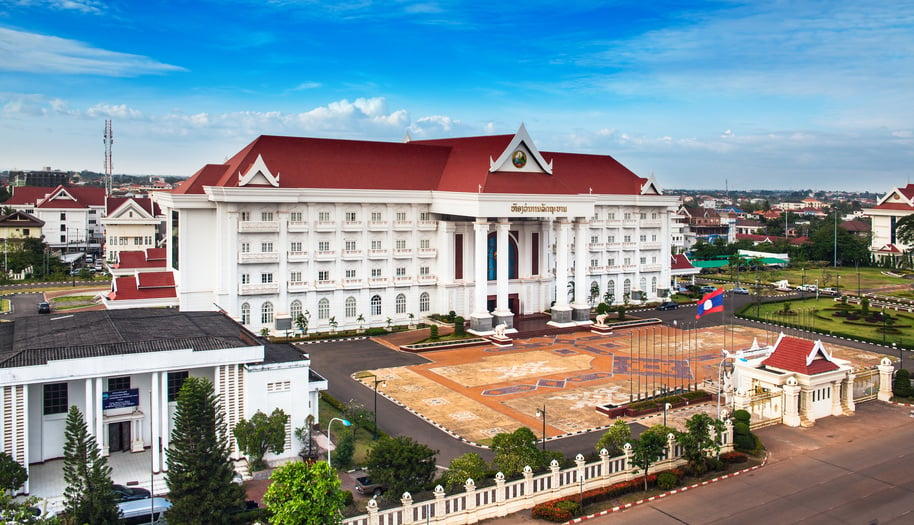The Thailand Board of Investment (BOI) grants investment promotions for the development of software, digital platforms, or digital content. Previously, minor developments or modifications did not qualify for investment promotion from the BOI, and the BOI maintained a negative list of activities that did not qualify as development. However, on 15 March 2024, the BOI issued a new notification announcing a new promoted activity: the modification of software, digital platforms, or digital content.
On 7 February 2024, the Thailand Board of Investment (BOI) issued several investment promotion measures under the announcements as follows:- 1) Investment Promotion Measure for Social and Local Development 2) Retention and Expansion Program 3) Relocation Program 4) Investment Stimulation Measure for Economic Recovery
“Sustainability Solution EP.5: Thai investment agency’s move to promote sustainability” is presented by our Sustainability partner Nam-Ake Lekfuangfu, Chana Sooppipat and Jaywon Yi from our Corporate practice group, who are experienced in foreign investment. In this episode, our team discusses promotion schemes offered by the Board of Investment of Thailand related to sustainability, covering various industries. This video is in Thai with English subtitles.
The Thailand Board of Investment (BOI) has issued new announcements to respond to new businesses and future investment trends and to attract investors to invest in Thailand. The BOI aims to boost innovation, competitiveness, and inclusivity as well as sustainable development of Thailand’s economy in accordance with the current National Economic and Social Development Plan and the country’s development policies.
The year 2022 marks a noteworthy year for a quantum leap in Thailand’s electric vehicle market. Against the backdrop of Thailand’s commitment to carbon neutrality and net-zero greenhouse gas emissions at COP26, combined with the unexpected uncertainty in oil and gas prices, Thailand’s EV market has accelerated to a new peak. Providing that the 30@30 goal under the national EV roadmap (i.e., to raise the proportion of zero-emission EVs to 30% of all domestic vehicle production by 2030) goes as planned, we take a look at what to expect in Thailand’s EV space, along with what has been happening during the first half of 2022.
In Part 1 of our newsletter on sustainability and investment promotion, we discussed the current climate of a drive towards sustainability goals and the role of the Thailand Board of Investment in supporting businesses in this direction. In this second part, we will elaborate on measures adopted by the Thailand Board of Investment so far, including: measure to promote Thailand as the regional EV hub; measure to promote sustainability-related activities; special measures to improve production efficiency; and measure to promote a grassroots economy.
Sustainability Solution EP.5 – Thai investment agency’s move to promote sustainability” is presented by our Sustainability partner Nam-Ake Lekfuangfu and Corporate lawyers experienced in foreign investment, Chana Sooppipat and Jaywon Li. In this episode our team discusses promotion schemes offered by the Board of Investment of Thailand related to sustainability, covering various industries.
This video is in Thai with English subtitles.
Customers and investors are increasingly interested in the ESG initiatives of companies before making a purchase or investment decision. This is the case in Thailand, where we are seeing more companies announce sustainability initiatives, causing government authorities to supportively respond to these efforts. In this two-part article, we will first focus on the sustainability trends in Thailand and the role of Thailand’s Board of Investment with examples of current incentive schemes and privileges that facilitate sustainability-related activities.
The legal regime of export and dual use items control and the trade control of items related to the proliferation of weapons of mass destruction in Thailand is currently governed by the Trade Control on Weapons of Mass Destruction Related Items Act B.E. 2562 (2019), which came into force on 1 January 2020.
Further to our alert on the development of the Regional Comprehensive Economic Partnership (RCEP) negotiation (Link), we would like to share additional details about the RCEP based on the current information available. The RCEP members signed the RCEP on 15 November 2020 during the 37th ASEAN Summit. After the signing,…





